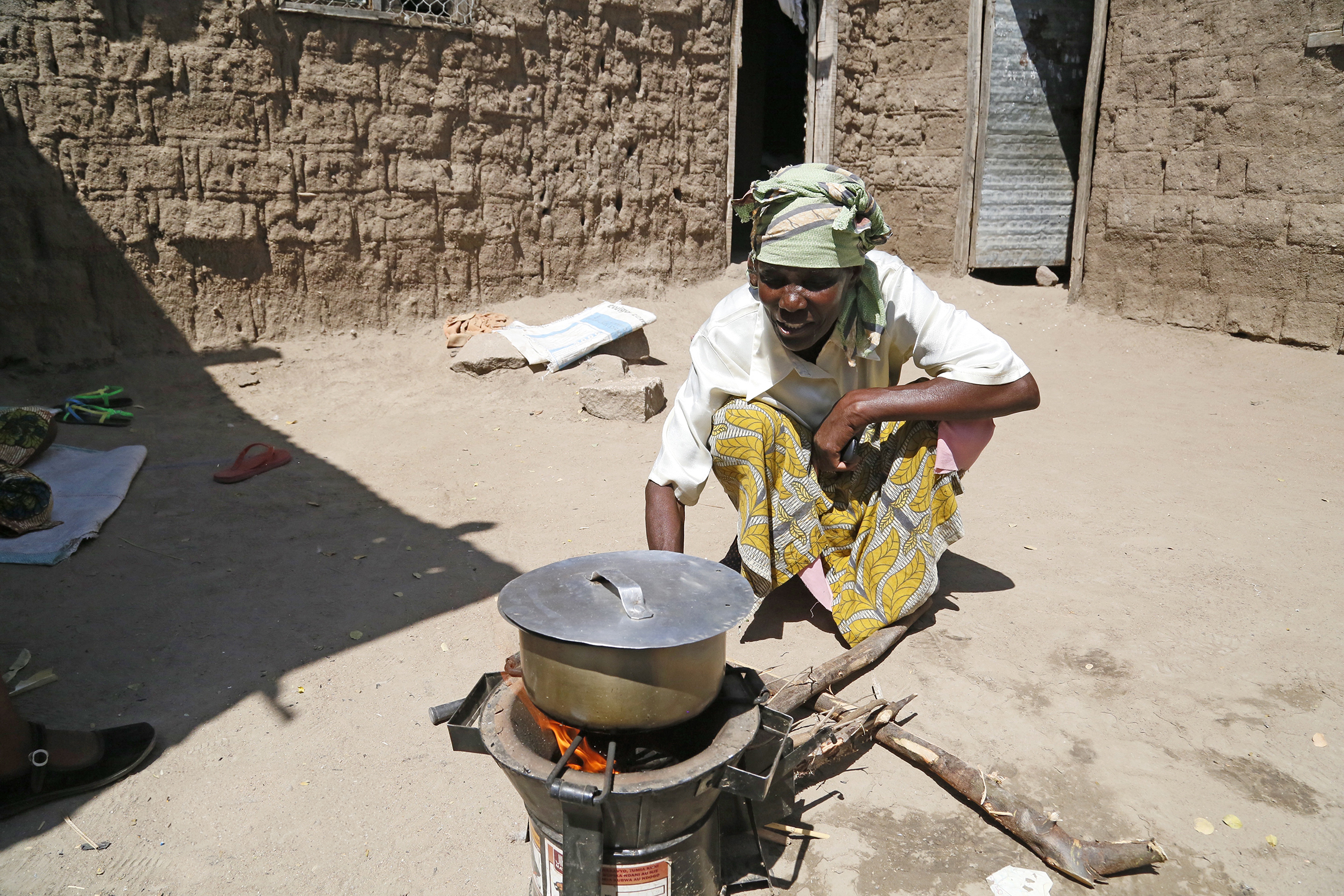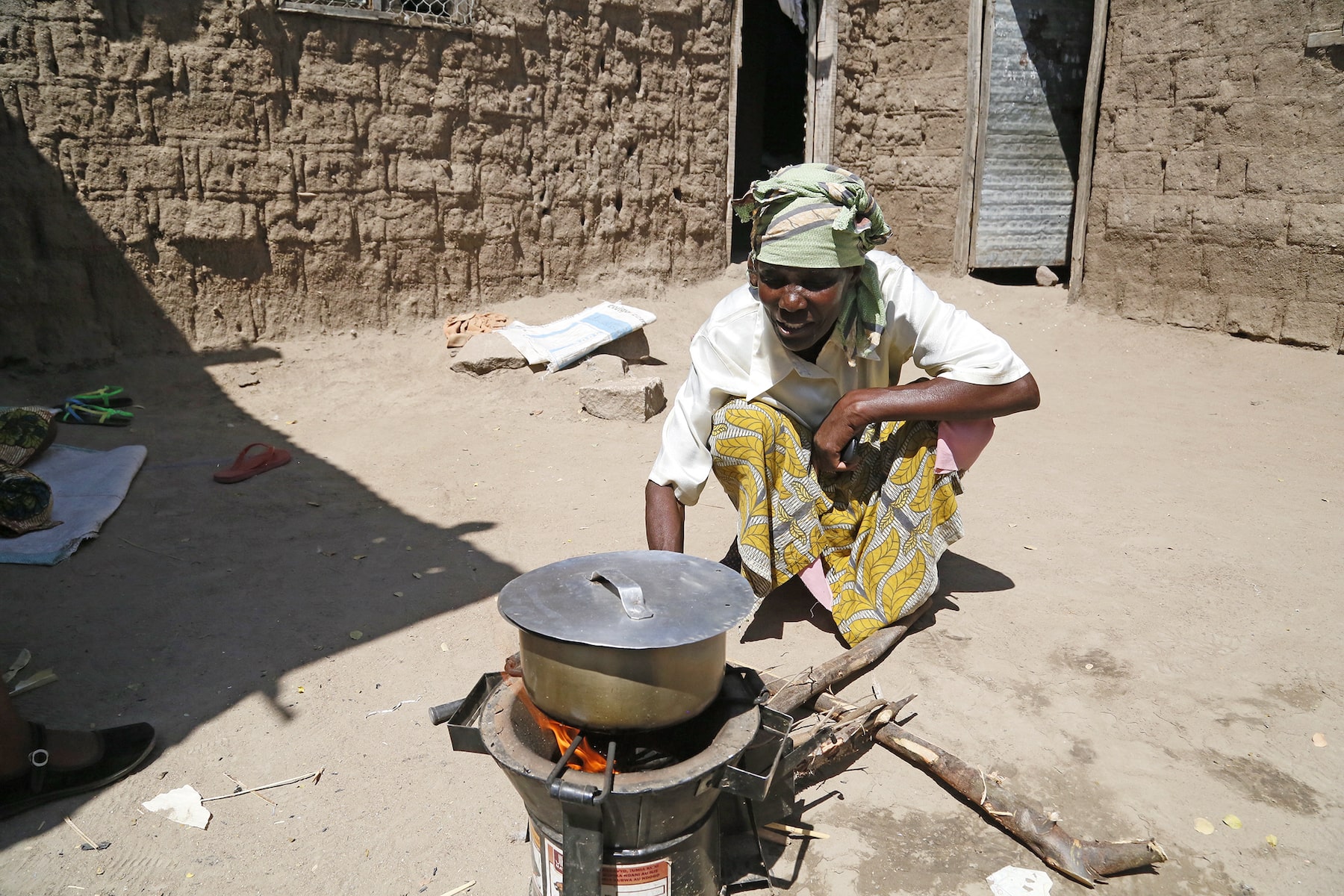
'Elizabeth Mukwimba M-Power customer with cookstove 01' by DFID - UK Department for International Development via Flickr (CC BY 2.0) https://flic.kr/p/yQwHgf
The Clean Energy for Development research initiative generates evidence to inform public policy reforms and innovations in support of a transformative clean energy transition where women and youth can play a key role in greening energy through micro, small and medium-sized enterprises.
On July 20, 2022, IDRC launched a closed call for proposals, reaching out to about 30 organisations legally registered in the global South. The focus of the call was on research to advance the generation and use of context-specific evidence that can inform public policy reforms / policy innovations in support of a transformative clean energy transition where women and youth benefit from and play a key role in greening energy through micro, small and medium-sized enterprises (MSMEs).
The Clean Energy for Development research initiative will work directly with the implementers, investors and funders of low-carbon energy projects and investments, to promote inclusive practices and to address persistent gender barriers. We aim to support the knowledge ecosystems that can lead to more inclusive outcomes and efficient investments.
Investments in sustainable energy transitions in low-income countries are large, with international organisations as well as private (impact) investors growing their portfolios, but still need to be taken to scale. Countries and international agencies are prioritising energy poverty, and simultaneously meeting the Paris commitments. Sustainable energy is key to many Nationally Determined Contributions (NDCs).
These investments create opportunities for learning lessons for scaling of innovations and financing instruments in inclusive low-carbon transitions, and for evidence to inform the business models of institutions and private investors. While there is growing interest to explore the intersection of climate action and gender equality, most of these investments still need to integrate gender considerations. Moreover, as a recent SIE commissioned study reveals, there are important opportunities to link the low carbon energy transition to structural barriers for gender equality such as the care economy.
The Institute of Development Studies (IDS) supports IDRC and the research partners to maximise the learning generated across the research portfolio and deepen engagement with governments, civil society and the scientific community.
'Elizabeth Mukwimba M-Power customer with cookstove 01' by DFID - UK Department for International Development via Flickr (CC BY 2.0) https://flic.kr/p/yQwHgf

Generate evidence promoting sustainable and inclusive clean energy investments.
Create learning opportunities for the scaling of innovations (including financial instruments) in inclusive low-carbon transitions.
Infuse investment & business models with evidence on effective ways to integrate gender transformative action.
12
Projects
14
Partners
27
Countries